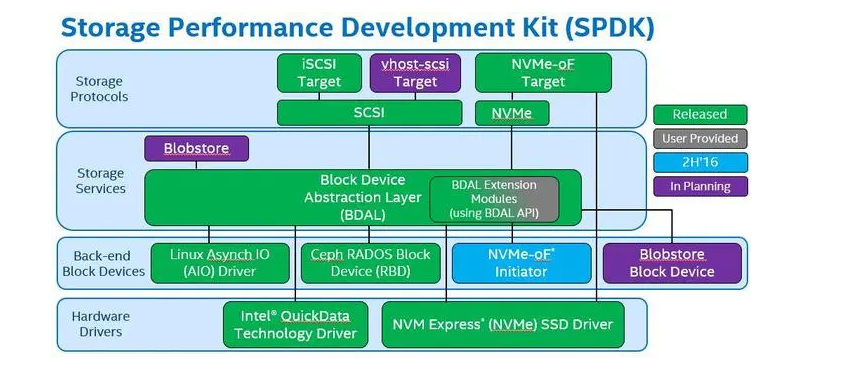Background: Previous research has shown that 5-aminolevulinic acid photodynamic therapy (ALA-PDT) can inhibit the proliferation of HeLa cells by regulating autophagy or apoptosis. Hydroxychloroquine (HCQ), an immunosuppressive drug, has been used in various clinical diseases and as an autophagy degradation inhibitor.
Objective: This study aimed to investigate the impact of HCQ on ALA-PDT.
Methods: The cell counting kit-8 (CCK-8) assay was used to measure HeLa cell viability, while flow cytometry was utilized to detect reactive oxygen species (ROS) levels. Autophagosomes were observed under a fluorescence microscope, and Western Blot analysis was conducted to evaluate Beclin-1, ERK, and PI3K/AKT signal pathways expression.
Results: When treated with both HCQ and ALA-PDT, cells showed increased levels of both autophagosomes and autolysosomes. ROS and Beclin-1 were significantly upregulated in the HCQ and ALA-PDT group compared to the ALA-PDT group alone. In addition, the PI3K/AKT phosphorylation levels were further downregulated in the HCQ combined with ALA-PDT group compared to the ALA-PDT group alone. However, there was no significant difference in ERK phosphorylation level between these two groups.
Conclusions: The results suggest that HCQ could effectively enhance the cytotoxic effect of ALA-PDT by regulating upstream signaling molecules of autophagy. These findings may provide insight into improving PDT efficacy in treating HPV infection.





















